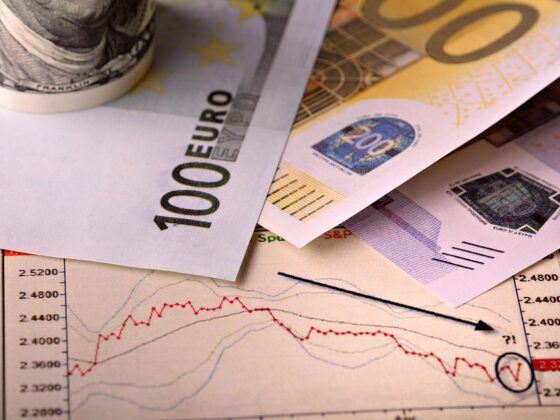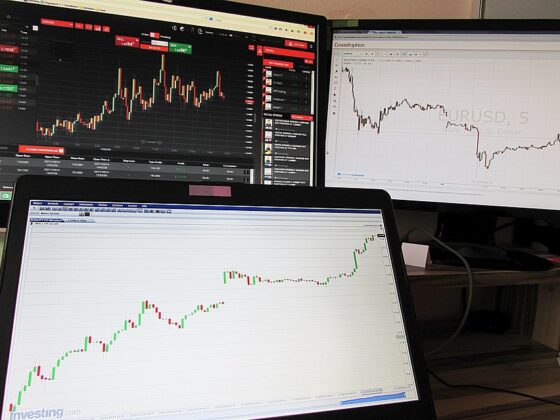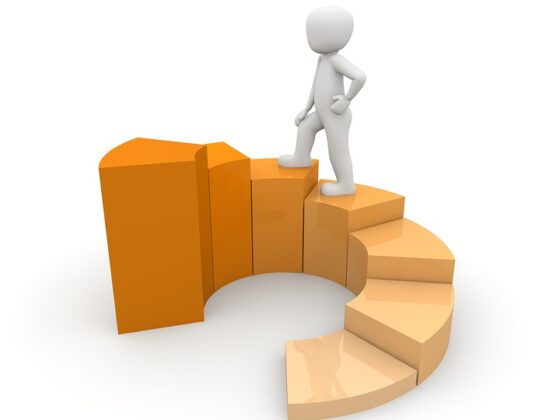From Novice to Pro: Essential Trading Tips for Forex Beginners
Forex trading, also known as foreign exchange trading, is the buying and selling of currencies in the global financial market. It offers a potentially lucrative opportunity for individuals to make a profit by speculating on the rise or fall of currency exchange rates. However, like any form of investing, forex trading comes with risks and requires a solid understanding of the market in order to be successful. For beginners looking to dip their toes into the world of forex trading, here are some essential tips to help you navigate the market and grow your trading skills.
1. Educate Yourself
The first step to becoming a successful forex trader is to educate yourself about the market. Take the time to research and learn about the basics of forex trading, including how the market works, the different currencies and currency pairs, and the factors that influence exchange rates. There are plenty of resources available online, including tutorials, webinars, and trading platforms, that can help you gain a better understanding of the market.
2. Start with a Demo Account
Once you have a basic understanding of forex trading, it's important to practice your skills before risking your money in the market. Most forex brokers offer demo accounts that allow you to trade with virtual money, giving you the opportunity to test different trading strategies and see how the market reacts to your trades. Use this time to hone your skills and build your confidence before moving on to a live trading account.
3. Set Realistic Goals
One of the most common mistakes that beginner traders make is setting unrealistic expectations for their trading results. While it's certainly possible to make money in the forex market, it's important to remember that trading is not a get-rich-quick scheme. Set realistic goals for your trading, such as aiming for a certain percentage of profits each month, and stick to your plan.
4. Manage Your Risk
Risk management is a crucial aspect of forex trading, as it helps you protect your capital and minimize losses. One of the key principles of risk management is to never risk more than you can afford to lose on a single trade. Set stop-loss orders to limit your losses and use proper position sizing to ensure that you are not overexposing yourself to any single trade.
5. Keep Your Emotions in Check
Forex trading can be a highly emotional experience, especially when real money is on the line. It's important to keep your emotions in check and make decisions based on logic and analysis, rather than fear or greed. Stick to your trading plan and avoid making impulsive decisions based on emotion.
6. Stay Informed
The forex market is constantly changing, with exchange rates influenced by a wide range of factors such as economic data, geopolitical events, and central bank decisions. Stay informed about the latest developments in the market by reading news and analysis from reputable sources, such as financial news websites and forex trading forums.
7. Learn from Your Mistakes
Every trader makes mistakes, especially when starting out in the forex market. The key is to learn from those mistakes and use them as a learning opportunity to improve your trading skills. Keep a trading journal to track your trades and identify patterns in your trading behavior, so that you can make informed decisions moving forward.
FAQs:
1. How much money do I need to start trading forex?
There is no set amount of money required to start trading forex, as it depends on your trading style and risk tolerance. Some brokers offer mini or micro accounts that allow you to trade with as little as $100, while others may require a larger minimum deposit. It's important to start with an amount of money that you can afford to lose, as forex trading involves risk.
2. What is the best trading strategy for beginners?
There is no one-size-fits-all trading strategy that is best for beginners, as it depends on your trading style and risk tolerance. Some common trading strategies for beginners include trend following, range trading, and breakout trading. It's important to experiment with different strategies and find one that works best for you.
3. How can I improve my trading skills?
Improving your trading skills requires practice, education, and discipline. Take the time to learn about the market, test different trading strategies, and analyze your trades to identify areas for improvement. Surround yourself with experienced traders who can offer guidance and advice, and never stop learning and adapting to the changing market conditions.
In conclusion, forex trading can be a rewarding and potentially profitable endeavor for those willing to put in the time and effort to learn the market and develop their trading skills. By following these essential tips for forex beginners, you can build a solid foundation for success and work towards becoming a proficient and successful trader in the forex market. Remember to stay disciplined, manage your risk, and keep learning and improving your skills to achieve your trading goals.











